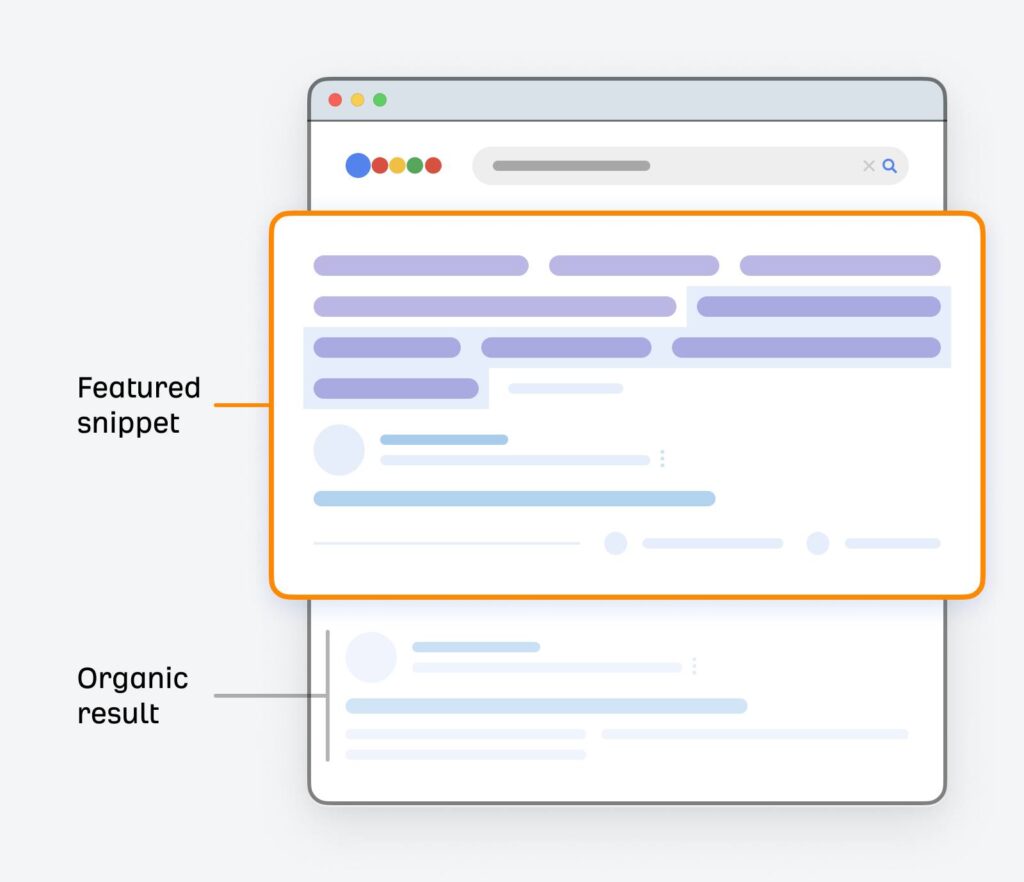SEO stands for Search Engine Optimization. It is a process used to get traffic from free, organic, editorial, or natural search results in search engines. SEO aims to improve your website’s position in search results pages.
It is a process used to improve your website’s visibility in search engine results. By focusing on technical configuration, content relevance, and link popularity, you can optimize your site for better rankings.
Why is SEO Important?
SEO is crucial for your website’s visibility. It helps search engines understand your content. This, in turn, makes it easier for users to find your site. SEO helps you reach your target audience, increase engagement, and drive more traffic to your website.
Key Components of SEO
SEO involves several key components. These include technical configuration, content relevance, and link popularity. Let’s dive deeper into each of these components.
Technical Configuration
Technical configuration refers to how well your website is set up for search engines. This includes aspects like:
- Site speed
- Mobile-friendliness
- Secure connections (HTTPS)
- Structured data
Ensuring your website is technically sound helps search engines crawl and index your site better. This improves your chances of ranking higher in search results.
Content Relevance
Content relevance is about providing valuable and relevant information to your audience. This includes:
- Using relevant keywords
- Creating high-quality content
- Ensuring content is well-structured
- Using meta tags and descriptions
Search engines prioritize content that answers user queries effectively. Relevant content also keeps users engaged and encourages them to spend more time on your site.
Link Popularity
Link popularity refers to the number and quality of links pointing to your website. This includes:
- Backlinks from reputable sites
- Internal linking
- Social signals
High-quality backlinks signal to search engines that your content is valuable. This can improve your site’s authority and boost your search rankings.
How to Optimize Your Website for SEO
Optimizing your website for SEO involves several steps. Here are some essential tips to get you started:
1. Conduct Keyword Research
Keyword research is the foundation of SEO. It involves identifying the terms and phrases your target audience uses to search for information. Use tools like Google Keyword Planner or SEMrush to find relevant keywords.
2. Optimize On-page Elements
On-page optimization involves improving individual web pages. Focus on elements like:
- Title tags
- Meta descriptions
- Header tags (H1, H2, H3)
- Image alt text
These elements help search engines understand your content better.
3. Create High-quality Content
Content is king in SEO. Ensure your content is informative, engaging, and relevant. Use a mix of text, images, and videos to keep users interested. Regularly update your content to keep it fresh and up-to-date.
4. Improve Site Speed
Site speed is a crucial ranking factor. A slow website can drive users away. Use tools like Google PageSpeed Insights to analyze and improve your site’s speed.
5. Build Quality Backlinks
Backlinks are essential for SEO. Focus on getting links from reputable sites. Guest posting, influencer outreach, and creating shareable content can help you earn quality backlinks.
6. Ensure Mobile-friendliness
Many users access websites through mobile devices. Ensure your site is mobile-friendly. Use responsive design to provide a seamless experience across all devices.
7. Monitor And Analyze Performance
Regularly monitor your SEO performance. Use tools like Google Analytics and Google Search Console to track your progress. Analyze the data to identify areas for improvement.
Common SEO Mistakes to Avoid
Avoiding common SEO mistakes can help you achieve better results. Here are some pitfalls to watch out for:
1. Keyword Stuffing
Overusing keywords can harm your rankings. Focus on creating natural and readable content.
2. Ignoring Mobile Optimization
Not optimizing for mobile can hurt your rankings. Ensure your site is mobile-friendly.
3. Neglecting Meta Tags
Meta tags are important for SEO. Ensure you use relevant and descriptive meta tags for each page.
4. Not Using Analytics
Analytics tools provide valuable insights. Use them to track your performance and make data-driven decisions.
5. Ignoring User Experience
User experience is crucial for SEO. Ensure your site is easy to navigate and provides a positive experience for users.
In conclusion, Remember to avoid common mistakes and continuously monitor your performance. With the right strategies, SEO can help you drive more traffic and achieve your online goals.






